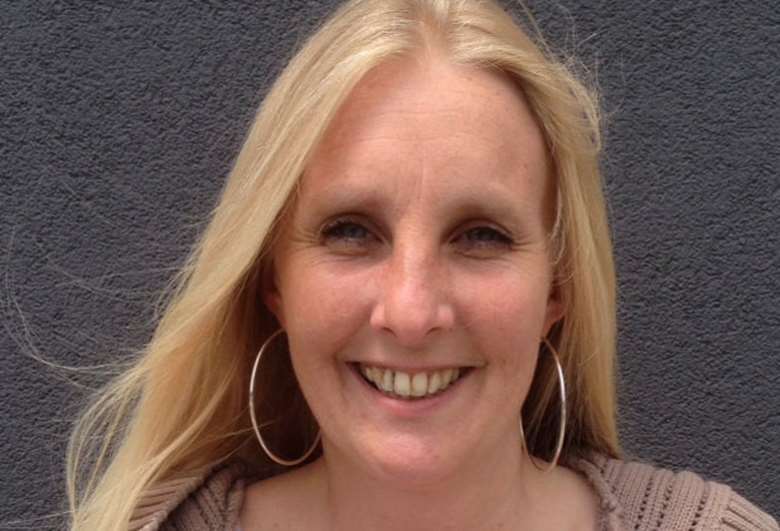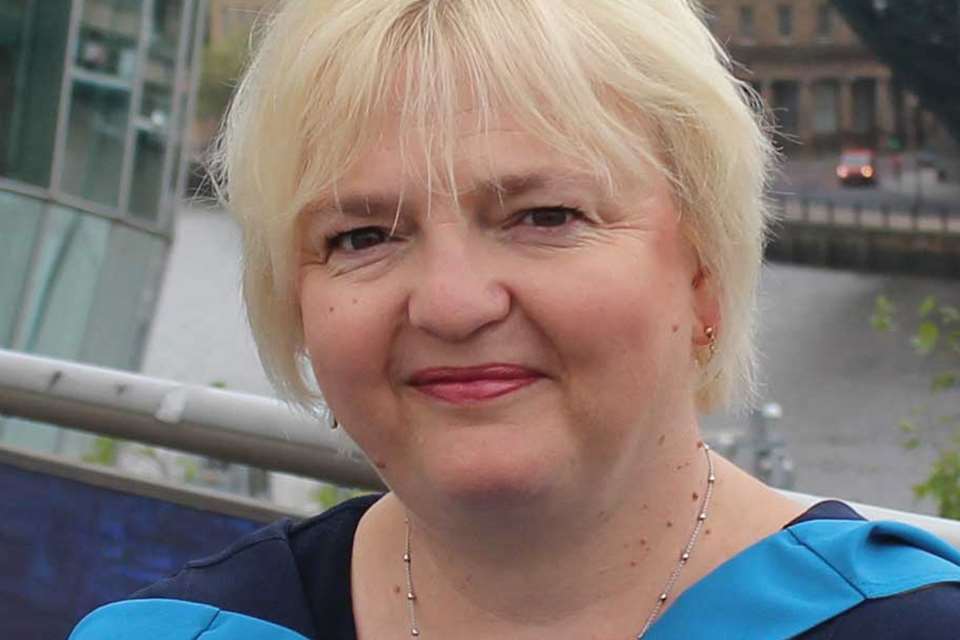Childminders can find a way to EYTS
Kay Fisher, tutor and mentor on the Early Years Initial Teacher Training programme, Anglia Ruskin University
Monday, June 2, 2014
Early years initial teacher training requires experience of Key Stage 1, but this should not stop childminders from taking Early Years Teacher courses.

Standard 3 of the new Early Years Teacher Status requires trainees to ‘Demonstrate a critical understanding of the EYFS areas of learning and development and engage with the educational continuum of expectations, curricula and teaching of Key Stage 1 and 2.’
It has bought into question potential barriers for childminders to access the EYITT and meet all of the necessary requirements. The new structure of the pathways require all trainees to complete a two week placement within a key stage 1 class, in order to fully evidence a critical understanding of the expectations of the National Curriculum.
Childminders are self-employed, fulfilling all expectations of the EYFS safeguarding & welfare and learning & development requirements, alongside holding full responsibility for running a successful business. The working day is most often 11 hours long, without traditional breaks and any time off is taken in partnership with parental needs and within school holidays. Furthermore childminders’ holidays are usually taken as either unpaid or at a reduced rate. However, this year’s EYITT course is very flexible, and follows a continuous assessment process, so for childminders, it may fit better around their responsibilities. An employer incentive of £7000 is also available, which may go towards supporting a childminder while studying the EYITT programme.
Childminders are continuing to apply for the EYITT and have successfully completed the various pathways to date. The Early Years Teacher Status does not simply involve evidencing high quality practice with children across the early years age range: leadership skills, reflective practice, professional support and multi-agency working feature significantly in the role of an Early Years Teacher.
The graduate-led workforce envisioned by Government policy requires a high level of experience and dedication to the industry. Commitment, motivation and highly developed organisational skills are unspoken prerequisites, necessary for award of this status.
Childminders in the position to consider and apply for the EYITT have a range of opportunities available to them, which reduce the barriers of both placements and time commitments to the course.
Although childminders find it more difficult to find cover than other early years settings it does not mean this is impossible. In fact, taking time off as holiday is ultimately at the discretion of the childminder and relies mainly on the support and understanding of the parents with which childminders work. In addition, many childminders work with assistants who can assume responsibility for the childcare service when needed. The necessity to move into or develop a leadership role also highlights the likely possibility that prospective childminder EYITT’s are already working alongside other childminders or are members of childminding groups or networks, therefore providing additional opportunities for cover to be arranged between childminding associates.
Many Local Authority childminding networks have disbanded with the introduction of More Great Childcare, yet this has led to an increase in the formation of communities of practice. Childminders are supporting each other more than ever before as the traditional isolation of the role is reducing and the need for support is increasing. The professional identity of the role of a childminder is in the midst of change as a result of an increased focus on professionalism, financial needs and quality of care and education. Innumerable reports are available discussing the decline in childminders since the introduction of the EYFS in 2008, while conflicting views concerning the concept of a professional identity within the workforce remain.
Childminder agencies are being introduced despite protest from the workforce, yet it is these barriers, which childminders are able to continue to overcome.
Childminders’ ability to adapt against all odds, within an ever changing industry, is the predominant factor which confirms their flexibility and devotion to their role, the children in their care and their desire to continually professionally develop. A two week placement in a key stage 1 class will not deter those who are in a position to and wish to gain Early Years Teacher Status.
Lastly childminders most often already have strong links with schools. An aspect of their role is to transport children to and from school, work in partnership with teachers, other multi-agency professionals such as SENCO’s and share information with parents for all children in their care. Many childminders have their own children who attend school and work with the full 0-13 age range. Extending their critical understanding of the transition from the EYFS to key stage 1 and 2 will allow childminders to further strengthen these links, consequently increasing both the quality of care and education they provide, as well as their ability to role model, mentor and support other childminders.





